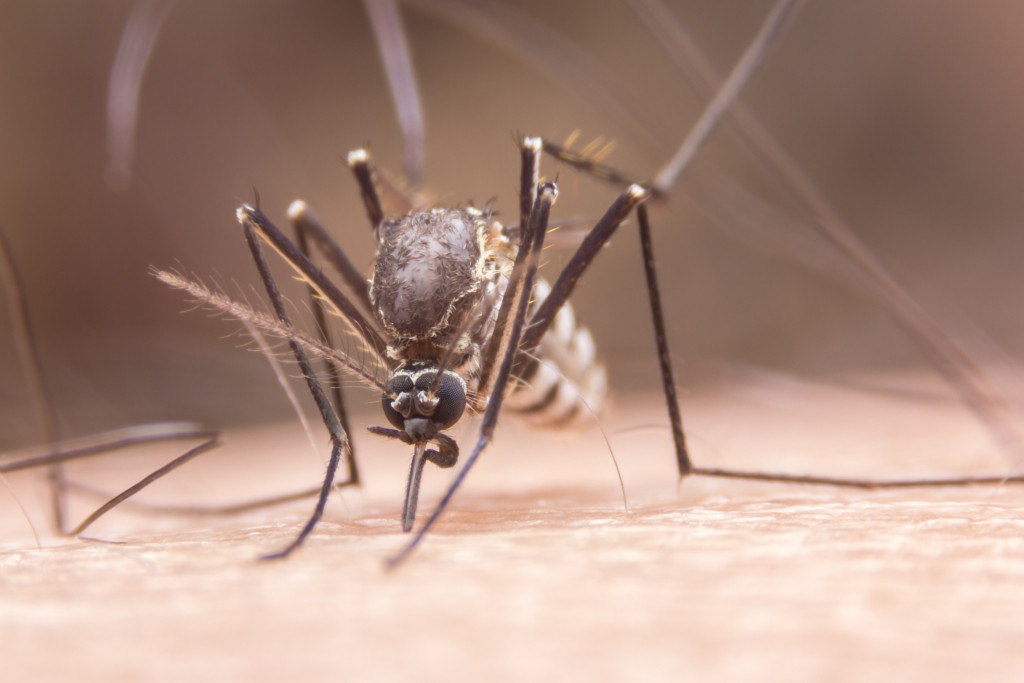Dengue is a deadly tropical illness prevalent in Southeast Asia, Latin America, and the Western Pacific. As much as 40% of the human population is vulnerable to infection each year, and as many as 25,000 people die as a result. Worst of all, there is no specific treatment for dengue fever. Treatment can only alleviate the symptoms. Let’s learn a bit more about dengue.
Dengue: The history
Dengue is caused by an Aedes species mosquito biting a person. The Japanese discovered the first virus that causes dengue in 1943, when a dengue outbreak occurred in Nagasaki, Japan. As shown by earlier written documents from China, such as the 960 BC Chinese medical encyclopedia, the illness existed before then. Before the appearance of Dengue fever 800 years ago, the infection had been transferred from monkeys to people.
Dengue was initially brought to the Americas in the early 1600s, and it remained present in the region for about two decades until it was eradicated in 1946. It then expanded and peaked several times over the whole area.
Dengue’s Symptoms
Dengue is divided into three stages, the first of which is known as the febrile phase. The patient might feel pain in the brain, eyes, muscles, joints, and bones due to this condition. They will also often manifest themselves with a rash and bleeding gums.
Persistent vomiting, severe abdominal discomfort, lethargy, and enlargement of the liver should be monitored. In the following phase, known as the critical phase, symptoms start to appear in the first 24-48 hours. Shock can occur at this period. Shock and mortality can occur when blood pressure decreases to dangerously low levels.
In the last stage of recovery, the patient undergoes a process known as the convalescent phase. Their body starts to absorb extravascular intravenous fluids and pleural and abdominal effusions. Stabilization occurs during this phase of recovery, and the body returns to its baseline condition. Also, some individuals acquire a rash throughout their bodies.

Intervention
Dengue is very frustrating since there is no treatment for it. You might be able to alleviate the symptoms. For example, take pain reliever treatment for the discomfort you’re feeling. You can use acetaminophen (Tylenol) or other medications to treat fever. Unfortunately, dengue is resistant to medicines and antivirals. Rather than that, you can ensure that you or a loved one suffering from dengue is well hydrated. Assure that you or they are drinking enough water or juice daily.
It is wise to obtain enough rest and consume plenty of fruits and vegetables throughout the day. If you believe you have a medical issue, you should get medical advice. For example, if the temperature doesn’t go down or continuous vomiting persists, it’s essential to visit the hospital. Bleeding should be avoided, particularly in the colon when feces contain blood. It is essential to note that the disease has a dangerous mortality rate.
Preventative Measures
Dengue prevention is preferable and more straightforward than dengue treatment. Therefore, it is essential to keep mosquitoes away from the property. There are many methods for doing this, but the simplest is to remove any standing water from the environment. Standing water can result from a faulty water pipe system. In this case, it is wise to hire plumbing experts to check your water pipe system and fix leakages.
Mosquitoes thrive in stagnant water because it offers an ideal breeding environment. So keep an eye out for any containers that have standing water in them, especially in your yard. Allowing water from faucets or rain to gather in pales, drums, pots, or anything else that can hold water is not recommended.
Planting lavender, marigolds, and citronella grass, for example, can help to keep your home smelling fresh. Lavender is also beautiful and fragrant, making it a favorite choice for many people. Lavender has a calming effect on the psyche. Catnip, rosemary, and basil are examples of plants that you can consider growing.
Sleep under a mosquito net and apply insecticides to keep mosquitoes away. Unfortunately, many insect repellents cause respiratory issues. That is why, if you use one, you should leave the room for at least 15-30 minutes after you have finished using it.
Dengue fever is a potentially fatal illness for which there is now no treatment. It’s been around for hundreds of years, and it’s preferable to avoid it than to treat it once it occurs. Keep mosquitoes away from you and your family to maintain your health.

